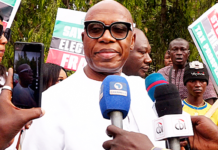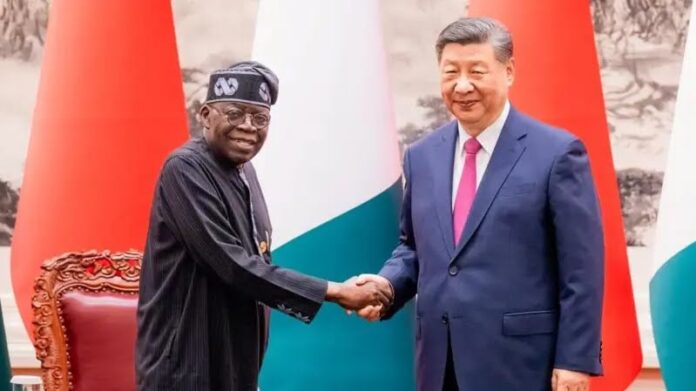The Federal Government is in advanced discussions with the China Export-Import Bank for a $2 billion loan to finance a new nationwide “super grid” electricity transmission project aimed at resolving Nigeria’s chronic power supply challenges.
Minister of Power, Adebayo Adelabu, disclosed the plan during an economic summit in Abuja on Monday, emphasizing that the project is crucial to stabilizing the power sector and boosting industrial growth.
The proposed transmission network aims to link the eastern and western regions of the country, where the majority of industrial consumers are situated. The Minister confirmed the project has already received Federal Executive Council approval for financing.
Decentralization and Reconnecting Industry
Adelabu explained that the new transmission infrastructure is part of a broader strategy to decentralize power generation and incentivize heavy energy users who abandoned the unreliable national grid to reconnect.
“It’s part of plans to decentralize power generation in Nigeria and get the heavy commercial users that left the power grid because of its unreliability to return,” Adelabu said.
Nigeria currently possesses about 13 gigawatts of electricity generation capacity, but the central grid is constrained, often only able to transmit about one-third of that power to consumers, resulting in frequent system collapses. The new super grid is intended to dramatically improve transmission efficiency to industrial zones.
Revenue Boost Following Tariff Hike
The Minister also noted that recent government reforms, including the adjustment of electricity tariffs for urban consumers, have already resulted in a significant financial improvement for the industry.
He revealed that the tariff changes led to a 70 percent rise in revenue for electricity distribution companies in 2024, with revenue projected to reach ₦2.4 trillion ($1.6 billion) this year. This financial stability is expected to bolster the sector’s ability to absorb the new investment.





